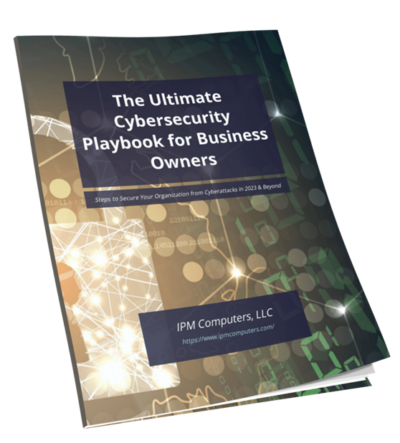Microsoft and LinkedIn released their joint Work Trend Index “AI at Work Is Here. Now Comes the Hard Part” which explores the significant impact of AI on the workplace, emphasizing its potential and also addressing the challenges it brings.
Key Findings
Adoption and Optimism: 70% of workers are eager to delegate as much work as possible to AI to alleviate their workload. This sentiment reflects a growing optimism about AI’s role in enhancing productivity and reducing mundane tasks.
Skill Gaps and Training: Despite the enthusiasm, there is a notable skills gap. Over 60% of business leaders are concerned about their employees’ preparedness to leverage AI tools effectively. This gap highlights the urgent need for comprehensive AI training programs to ensure workers can fully utilize these technologies.
AI as a Copilot: The report introduces the concept of AI acting as a “copilot,” assisting with various tasks from scheduling to content creation. Early adopters of Microsoft’s AI-powered tools report increased efficiency and creativity, as these tools handle routine tasks, freeing employees to focus on more strategic and innovative work.
Collaboration and Communication: AI is reshaping collaboration dynamics by making virtual meetings more effective. For instance, AI can summarize meeting discussions, track action items, and even translate conversations in real time, ensuring all participants remain aligned.
Ethical Considerations and Trust: Trust in AI systems is a critical concern. Employees and leaders both emphasize the importance of transparency and ethical guidelines in AI deployment to foster trust and mitigate fears of bias and job displacement.
Challenges Ahead
Integration and Usability: Seamless integration of AI into existing workflows remains a challenge. Organizations must ensure that AI tools are user-friendly and well-integrated with the current tech ecosystem to avoid creating “islands of intelligence” where AI operates in isolation.
Change Management: Successful AI adoption requires a cultural shift within organizations. This includes not only training employees but also addressing their apprehensions and resistance to change. Leadership must champion AI adoption and communicate its benefits.
Ongoing Evaluation: Continuous evaluation and iteration of AI tools are essential. Gathering feedback from employees and making necessary adjustments will help to refine AI applications and ensure they meet the evolving needs of the workforce.
While AI holds immense promise for transforming the workplace by enhancing productivity and enabling innovation, realizing its full potential requires addressing significant challenges related to skills, integration, and trust. Organizations must prioritize comprehensive training, seamless integration, and transparent ethical practices to ensure successful AI adoption and maximize its benefits.
Breach Secure Now is excited about the potential of this technology and the solutions we’re creating to address the findings in this report. For more insight into how you can play a pivotal role as an MSP in your clients’ adoption of AI, join our webinar on May 30th: AI and MSPs: Defining Your Role in the AI Revolution.
The post AI In Workplace Challenges appeared first on Breach Secure Now!.





